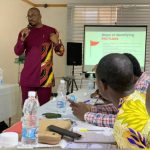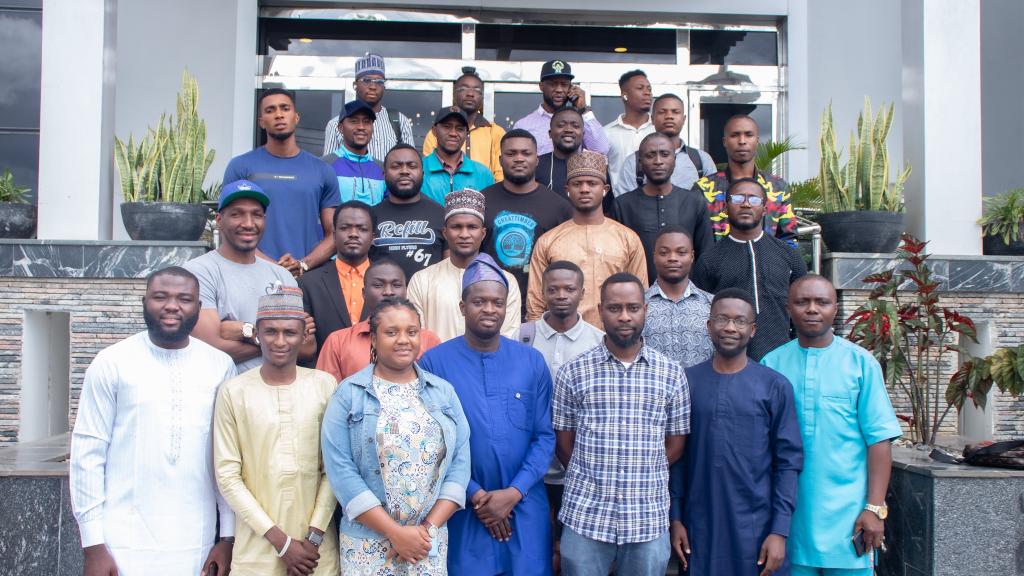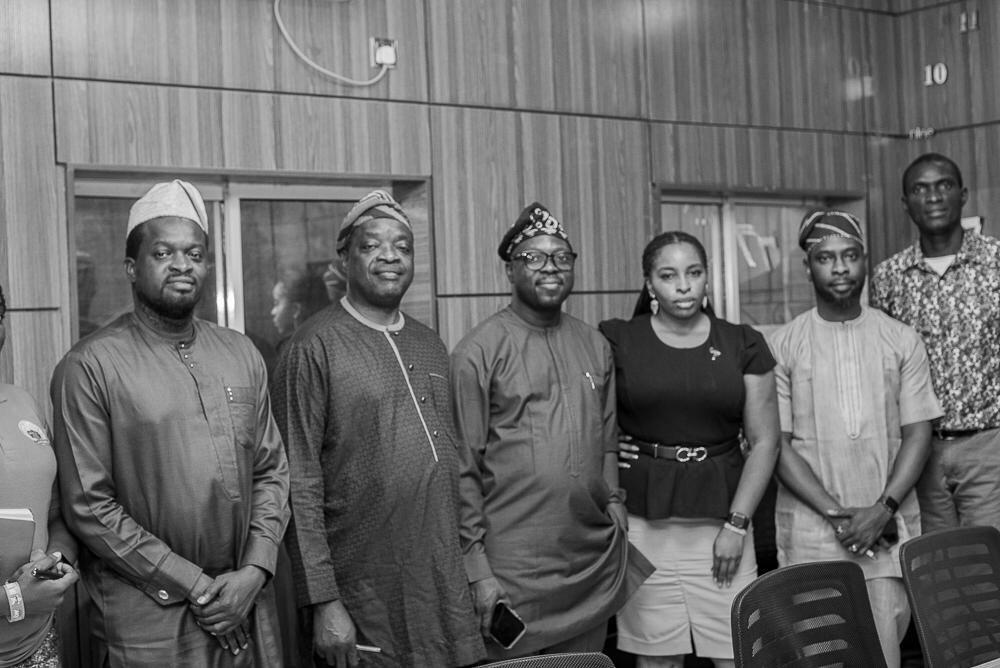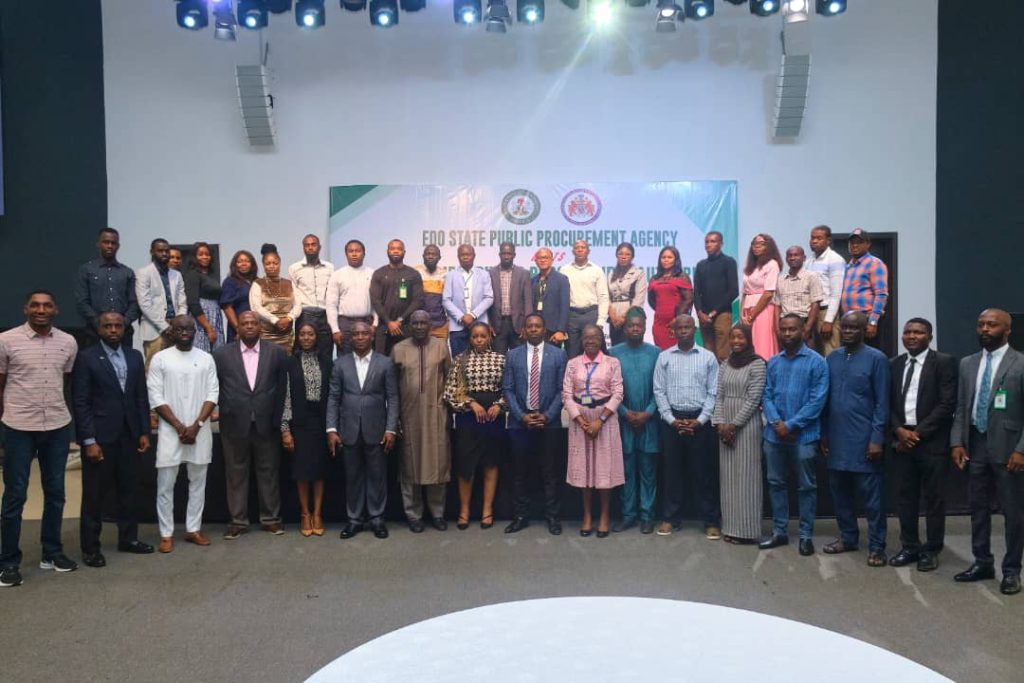A call has gone to governments at all levels to make adequate use of the Public Procurement Act (PPA), 2007, and the Freedom of Information (FOI) Act, 2011 to further prevent, as well as control the wave of corruption in the nation’s public offices.
This was the submission on Sunday, by a coalition of Civil Society Organisations (CSOs), at the end of their four-day 2022 Hackcorruption Workshop, jointly organised by the Accountability Lab (AL), Open Contracting Partnership (OCP), and United Nations Development Programme (UNDP), in Ado-Ekiti, Ekiti State capital.
According to the CSOs, unless the various governments increase the tempo of all enacted laws, aimed at fighting corruption, perpetrators would continue to hide on the weak sides, or improper implementation of such laws to have their way without being caught or attract commensurate punishments.
They expressed concern that the laws had been ineffective, while the rate of corruption continues to soar, simply because of the lack of transparency and improper provision of data to the public on contracts being awarded by elected and appointed officials of governments.
The coalition, however, expressed delight that in spite of the flaws identified in the implementation of the various anti-corruption laws, States like Edo, Plateau and Ekiti, should be commended for raising the bar of compliance, describing the development as providing a ray of hope that Nigeria could still get things right in not too distant time.
One of the speakers, who doubles as a consultant with an Abuja-based NGO, Public Private Development Centre (PPDC), Mr. Onyekachi Chukwu, lamented what he referred to as “the mind-boggling corruption”, being perpetrated by some persons in positions of power, despite having both the Public Procurement Act and Freedom of Information Act in place.
He expressed concern that the laws had been ineffective, and corruption, continually on the high side.
Chukwu, who spoke on ‘Improving Accountability in Public Procurement’, said the enactment of domesticated FOI and PPA Laws, had failed to stem the tide of corruption in contract awards and other procurements being undertaken in the public sector.
The PPDC Consultant added that contract awards and public procurement at many of the cadre of the public sector in Nigeria were being shrouded in secrecy and sparingly complied with no regards to the fact that the Acts had been promulgated by the National Assembly, and domesticated by the 36 states.
He said: “Public procurement is one of the most important aspects of governance. It is involved in everything government does and that was why each state has a Bureau of Public Procurement to vet whatever purchase government is making to check corruption.
“The bureau participates in contract awards, but the public has not been paying attention to the operations of this office.
“The citizens have failed to engage this office to ensure that accurate data on contracts are made public, in line with Open Contracting Data Standard.
“The public is not well informed about the usefulness of access to data about contracts and procurement. A strict and compliant public procurement must pass through the stages of planning, tender, award, contract and implementation”.
Speaking about the significance of the procurement and FOI Acts, Chukwu said; “They are used to monitor projects and hold governments to account. These laws have enabled reforms in public procurement such as the adoption of Open Contracting and e-procurement.
“They have enabled citizens enter into informed dialogue about decisions which affect their lives. They have empowered citizens, including the vulnerable and excluded people, to demand their rights and entitlements.
“It has enabled the media too, to do factual reporting, eliminating a culture of rumour and conspiracy; and encouraging investigative journalism that can help the public in holding our leaders accountable”.
Also speaking, the Project Officer, Accountability Lab Nigeria, Mr. Shinwua Mnenga, revealed that the anti-corruption innovation project, in public procurement, is being carried out by the coalition for openness, using Ekiti, Edo and Plateau States as pilots.
Mnenga added that the essence was to check corruption and impunity by those in leadership positions, and allow the running of all-inclusive governance that would benefit all Nigerian citizens .
“Available data indicates that Edo State remains a leading state in Nigeria in open contracting and procurement policy. Plateau state has a huge compliance with the policies, with Ekiti is not doing badly. They are the three leading states that have domesticated the laws and doing well in implementation.
“We are using these three states as pilots and engaging in training of partners, so that we can come up with technical solutions to addressing existing gaps in public procurement in these three States and others,” he said.
Source: NigerianNewsDirect
Last modified: December 9, 2022










